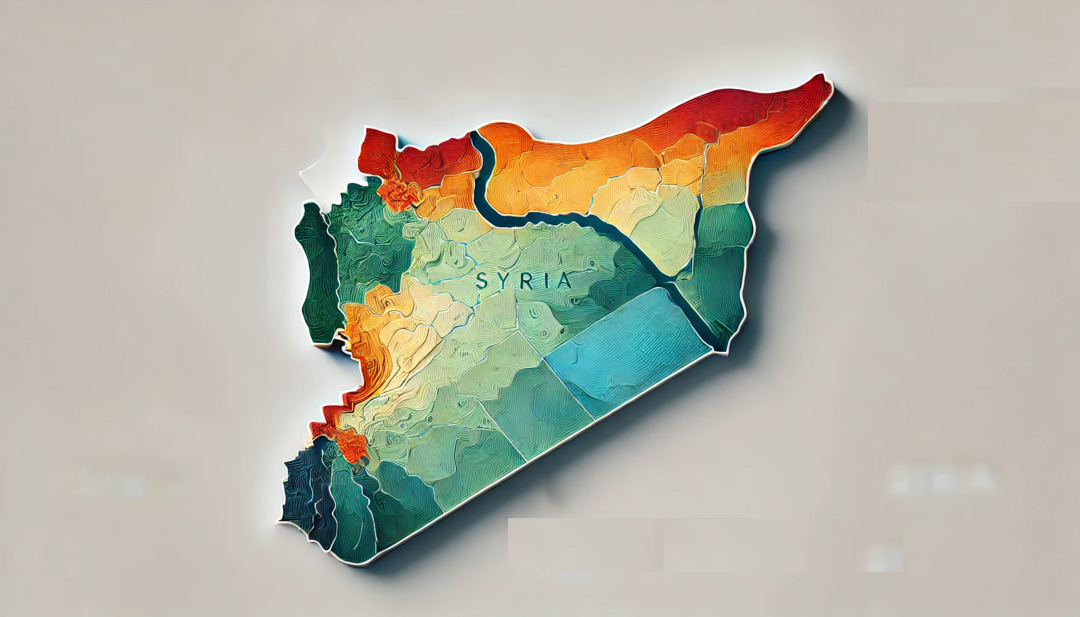-
Western Media Monitor the Representation of Minorities in the New Syrian Government
-
The new Syrian regime faces huge challenges in restoring stability and ending sectarian clashes amidst a severe economic crisis, with most Syrians living below the poverty line

Western newspapers have taken an interest in the formation of the new Syrian government, which will serve as the executive team for the transitional period defined by interim president Ahmed Al-Shaar for five years. A notable aspect is the absence of a prime minister position.
This absence points to a different model of governance aligned with the temporary constitution, where the president directly handles executive powers, reflecting the centralization of decision-making during the transitional phase.
The Wall Street Journal reported that the announcement of the new government came at a time when Syrian leadership, under Ahmed Al-Shaar, seeks to "gain internal and international acceptance."
These efforts reflect the new regime's need to establish its legitimacy both domestically and internationally, especially after the period of instability following the fall of Bashar Al-Assad's decades-long regime.
The newspaper added: "Syria's ruling factions—led by Islamic movements—formed a new transitional government on Saturday, comprising several competent technocrats, as part of Damascus' efforts to bolster its legitimacy after approximately four months following the ousting of former president Bashar Al-Assad."
This description draws attention to the Islamic background of the new leadership, with its attempt to present a technocratic image capable of managing and rebuilding the country after years of conflict.
The New York Times noted that the selection of government members serves as a test of the commitment of what it called the "rebels" who ousted Bashar Al-Assad, to their promises of creating a government that represents all Syrians.
This description reveals Western media's view of the change in Syria, still using the term "rebels" despite their rise to power, reflecting a sense of anticipation and doubt about their ability to fulfill their promises.
The American newspaper described the swearing-in ceremony for the new ministers at the presidential palace overlooking Damascus, noting that the cabinet included experienced officials and one woman, while close allies of Al-Shaar held sensitive positions such as defense, foreign affairs, and interior.
This observation highlights the contradiction between the rhetoric of change and actual practice, where influential positions remain within a narrow circle of close allies, with symbolic representation of women.
The newspaper considered the formation to be "a partial response to pressures from Syrian society and minorities, as well as international demands to lift sanctions."
This analysis indicates that the government's formation is part of a complex balance of internal and external pressures, with the new regime attempting to appease different factions while focusing on the goal of lifting international sanctions.
The appointment of activists such as Raed Al-Saleh (leader of the "White Helmets") as Minister of Disaster Relief, Hind Qabwat (National Dialogue Conference Organizer) as Minister of Social Affairs, and a Kurdish minister for Education symbolizes a gesture towards the Kurdish minority.
The Independent focused on the new government's efforts to restore stability to war-torn Syria, noting that the cabinet includes a mix of religious and ethnic groups, but no prime minister, in line with the temporary constitution.
This focus reflects the primary priority for the coming phase: restoring stability after years of conflict, a huge challenge amidst ongoing sectarian and ethnic tensions.
The report highlighted that the formation retained the ministers of defense and foreign affairs from the previous government, while Anas Khattab (former head of intelligence) was appointed Minister of the Interior. The cabinet also included minorities, such as one Alawite and one woman, as a message to the West to support lifting the economic sanctions, which the UN has reported have left 90% of Syrians living below the poverty line.
This analysis unveils the strategic dimensions of the cabinet formation, aiming to secure international support for lifting sanctions that have worsened the humanitarian crisis in the country.
The report concluded by emphasizing that the government's primary task is to end the war and stop sectarian clashes, especially after recent violent events in coastal areas (Alawite strongholds) that resulted in hundreds of deaths.
You May Also Like
Popular Posts
Caricature
opinion
Report
ads
Newsletter
Subscribe to our mailing list to get the new updates!






















